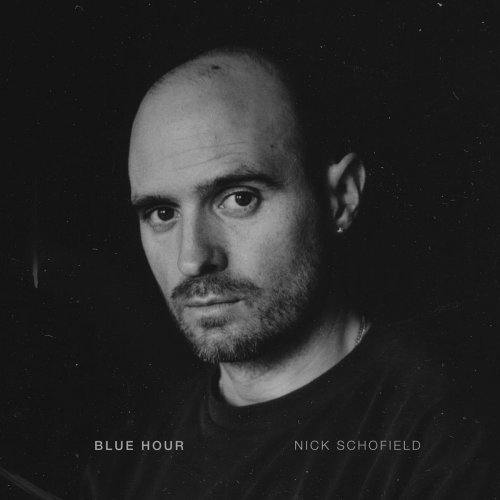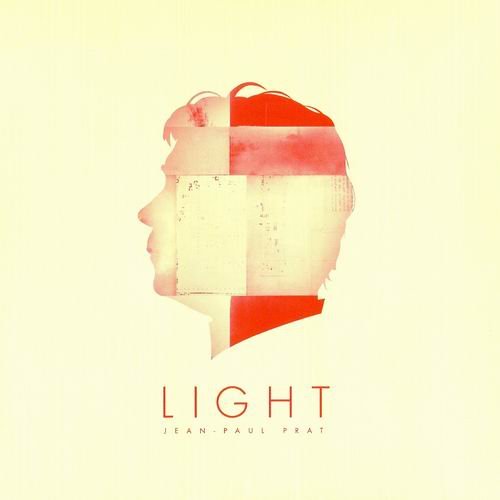KOMRADIN - Qamar al-Din (2024) [Hi-Res]
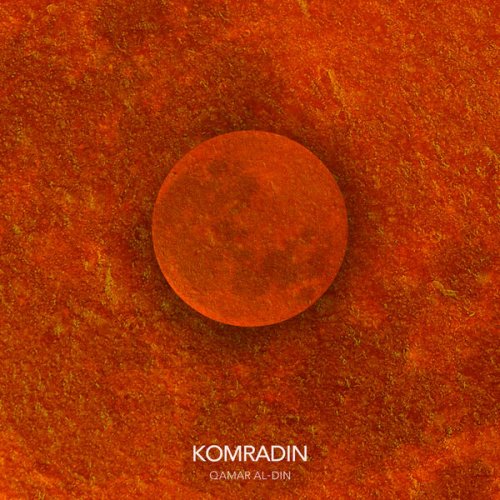
Artist: KOMRADIN, Onn Yosef Kadosh, Asaf Harris, David Sirkis
Title: Qamar al-Din
Year Of Release: 2024
Label: Rad Star Management
Genre: Jazz
Quality: FLAC (tracks) [88.2kHz/24bit]
Total Time: 45:15
Total Size: 846 / 293 MB
WebSite: Album Preview
Tracklist:Title: Qamar al-Din
Year Of Release: 2024
Label: Rad Star Management
Genre: Jazz
Quality: FLAC (tracks) [88.2kHz/24bit]
Total Time: 45:15
Total Size: 846 / 293 MB
WebSite: Album Preview
1. Dulab (feat. Onn Yosef Kadosh, Asaf Harris & David Sirkis) (00:57)
2. Taqsim (feat. Onn Yosef Kadosh, Asaf Harris & David Sirkis) (04:59)
3. Mandira (feat. Onn Yosef Kadosh, Asaf Harris & David Sirkis) (04:08)
4. Hibbi (Prelude) [feat. Onn Yosef Kadosh, Asaf Harris & David Sirkis] (00:15)
5. Hibbi (feat. Onn Yosef Kadosh, Asaf Harris & David Sirkis) (05:17)
6. Wajhak (feat. Onn Yosef Kadosh, Asaf Harris & David Sirkis) (03:01)
7. Tahmilat Saba (feat. Onn Yosef Kadosh, Asaf Harris & David Sirkis) (03:11)
8. GhuDi (Prelude) [feat. Onn Yosef Kadosh, Asaf Harris & David Sirkis] (00:18)
9. GhuDi (feat. Onn Yosef Kadosh, Asaf Harris & David Sirkis) (03:43)
10. Nardis (feat. Onn Yosef Kadosh, Asaf Harris & David Sirkis) (05:13)
11. Tiff ya duri (feat. Onn Yosef Kadosh, Asaf Harris & David Sirkis) (04:15)
12. The Morning After (feat. Onn Yosef Kadosh, Asaf Harris & David Sirkis) (06:28)
13. Salla fina (Prelude) [feat. Onn Yosef Kadosh, Asaf Harris & David Sirkis] (00:34)
14. Salla fina (feat. Onn Yosef Kadosh, Asaf Harris & David Sirkis) (02:49)
The debut album of the unique and exciting rising trio KOMRADIN, Qamar al-Din, features instrumental renditions of compositions from the classical Arabic vocal genre Muwashah.
This genre, rooted in classical Arabic poetry, is known for its intricate melodies and complex rhythmic cycles. The album opens with a traditional prelude (Dulab), inspired by the Syrian and Egyptian Wasla of the 19th century. Throughout the album, Abed Natour provides three readings from the original Muwashahat texts, preserving the essence of these traditionally vocal works.
In addition to the classical pieces, the album includes two adaptations of renowned jazz compositions, incorporating elements of classical Arabic music such as Taqsim Mauwzon. Notably, it features a rendition of the well-known piece Lama Bada Yatathana. The inclusion of jazz is a natural extension of the band members' backgrounds, as they formed a deep connection to the genre through their education in jazz schools and extensive experience in the global jazz scene.
The choice of instruments—oud, tenor saxophone, and drums—reflects a dedication to the classical genre, which traditionally lacks bass or harmonic instruments. The oud takes on the harmonic responsibilities, the saxophone assumes the melodic role typically held by the ney or violin, and the drums provide the classical Arabic rhythms (Iqa'at). This arrangement highlights the symbiosis between classical Arabic and modern elements, with the oud engaging in harmonic and contrapuntal play, the saxophone embracing microtonal aesthetics (Maqam), and the drums maintaining the classical rhythms.
This genre, rooted in classical Arabic poetry, is known for its intricate melodies and complex rhythmic cycles. The album opens with a traditional prelude (Dulab), inspired by the Syrian and Egyptian Wasla of the 19th century. Throughout the album, Abed Natour provides three readings from the original Muwashahat texts, preserving the essence of these traditionally vocal works.
In addition to the classical pieces, the album includes two adaptations of renowned jazz compositions, incorporating elements of classical Arabic music such as Taqsim Mauwzon. Notably, it features a rendition of the well-known piece Lama Bada Yatathana. The inclusion of jazz is a natural extension of the band members' backgrounds, as they formed a deep connection to the genre through their education in jazz schools and extensive experience in the global jazz scene.
The choice of instruments—oud, tenor saxophone, and drums—reflects a dedication to the classical genre, which traditionally lacks bass or harmonic instruments. The oud takes on the harmonic responsibilities, the saxophone assumes the melodic role typically held by the ney or violin, and the drums provide the classical Arabic rhythms (Iqa'at). This arrangement highlights the symbiosis between classical Arabic and modern elements, with the oud engaging in harmonic and contrapuntal play, the saxophone embracing microtonal aesthetics (Maqam), and the drums maintaining the classical rhythms.
![Malene Mortensen & Christian Sands - Malene & Christian (2026) [Hi-Res] Malene Mortensen & Christian Sands - Malene & Christian (2026) [Hi-Res]](https://www.dibpic.com/uploads/posts/2026-02/1770214038_ye95svxsd11r2_600.jpg)
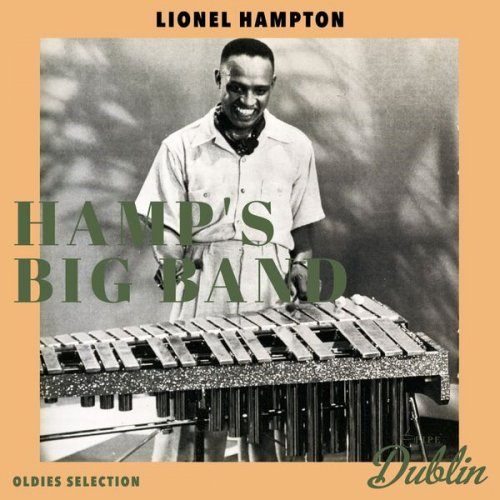

![Arti & Mestieri - D-Brane [Blu-Spec CD] (2025) Arti & Mestieri - D-Brane [Blu-Spec CD] (2025)](https://www.dibpic.com/uploads/posts/2026-02/1770627659_r-35759971-1766638983-3381.jpg)
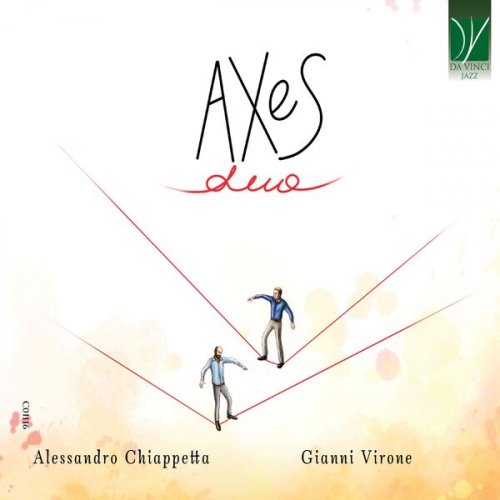
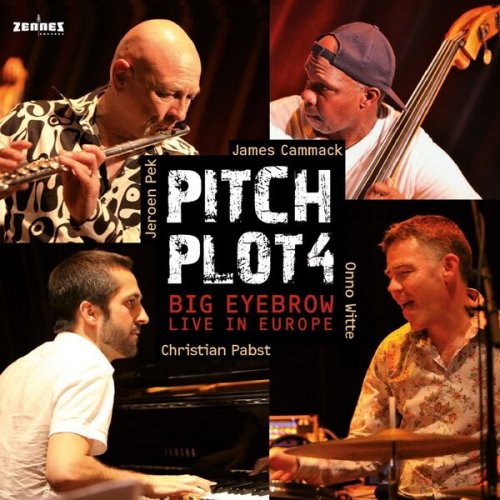
![Dela Hüttner’s SwingThing - Pause for a moment (2026) [Hi-Res] Dela Hüttner’s SwingThing - Pause for a moment (2026) [Hi-Res]](https://www.dibpic.com/uploads/posts/2026-02/1770561049_cover.jpg)
